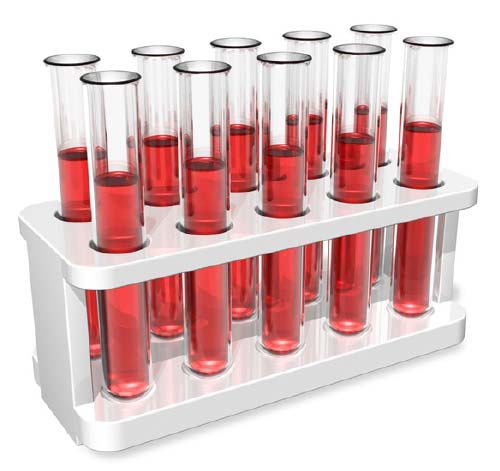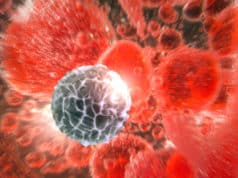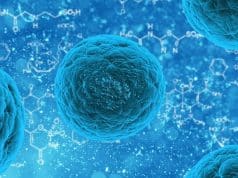What You Need To Know
The advancements for cancer in this era are nothing short of astonishing. In a significant development, IC-MedTech and other researchers completed the first FDA human trial of Apatone For Cancer. The results of the trial looks positive! Scientists look to take advantage of what appears of a weakness in tumor cells. Apatone appears to lower factors in the tumor cell that are used for energy production but yet protect against the body against chemotherapy. Additionally no extra levels of toxicity were noted.
The History of Apatone For Cancer
Apatone was discovered by Dr. Henryk Taper of the cUniversity of Leuven in Brussels, Belgium. Later it was further explored by Dr. James Jamison and Dr. Jack Summers, both of Summa Health System, and Dr. Jacques Gilloteaux, now with the American University of the Caribbean in St. Maarten.
They noted that found that moderate doses of Apatone For Cancer (100:1 of Vitamin C and K3) was assisting in the elimination of various cancer cells, including prostate, bladder, renal and ovarian.
How Apatone Works
The way that many of the anti tumor drug works is by targeting dividing cells or by going after the blood vessels of the tumor. Apatone on the other hand target the anti inflammatory response of the cancer cell.

Normal human cells utilize sugars and fats for metabolism, whereas cancer cells prefer glucose. And that is where the weakness lies! The structure of Apatone resembles glucose! The Apatone is able to enter the the cancer cell via the glucose transport system where it causes oxidation via quinone and destroys the cancer cell.
The Apatone Clinical Trial
Motivated by the research, a California biotech company IC-MedTech, purchased the rights to Apatone, and began the first human clinical trial began in 2005 with 17 end-stage prostate cancer patients. The clinical studies, which were conducted at Summa Health System in Akron, Ohio and monitored the progress over 12 weeks. These Apatone was administered orally each day.
Throughout the trial, investigators noted the PSA levels, PSA velocity and PSA doubling rates.
- PSA is a protein produced by the prostate gland. Prostate cancer patients exhibit increased levels of this protein
- PSA velocity is the change of PSA levels during a period
- PSA doubling time is the time it takes for a PSA levels to double.
16 of the 17 patients responded well to the Apatone and 13 showed a decrease in PSA velocity and an increase in PSA doubling time. The Apatone appeared to be killing the cancer.
Showing progress in the biochemical progression of late stage prostate cancer patients, the trial was able to the the safety and effectiveness of Apatone administered orally.
Unfortunately this is where things came to an end in the United States. Even though the results of this non toxic cancer treatment were favorable, the exceeding costs of continuing the FDA process became to much for IC-MedTech to bear. The cost of bringing a treatment to market can exceed 1 billion dollars.
Hope Lost?
While it may seem that Apatone may have been lost forever, in 2016 IC-MedTech partnered with the CHIPSA Hospital in Mexico to continue the research across the border. At the time of the writing of this article sources close to us reveal that CHIPSA has treated over 300 patients with Apatone.
To read more about the developments of Apatone and the CHIPSA Hospital you can read the article here: https://ahsn.wpengine.com/exposed-1001-cancer-killing-ratio-combination-may-help-people-cancer/



























Clarence here do you doctors feel that aptone would be effective in fighting bone marrow disorder